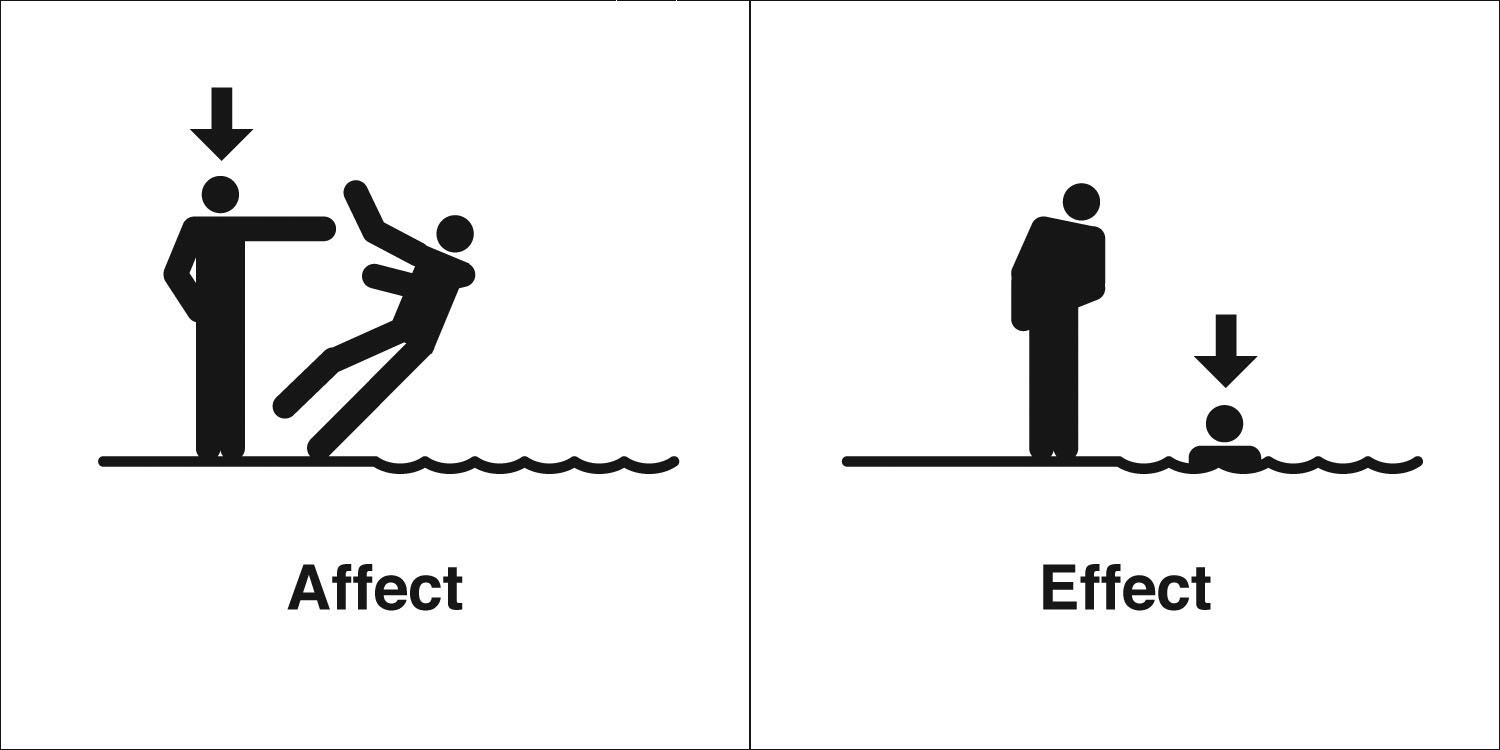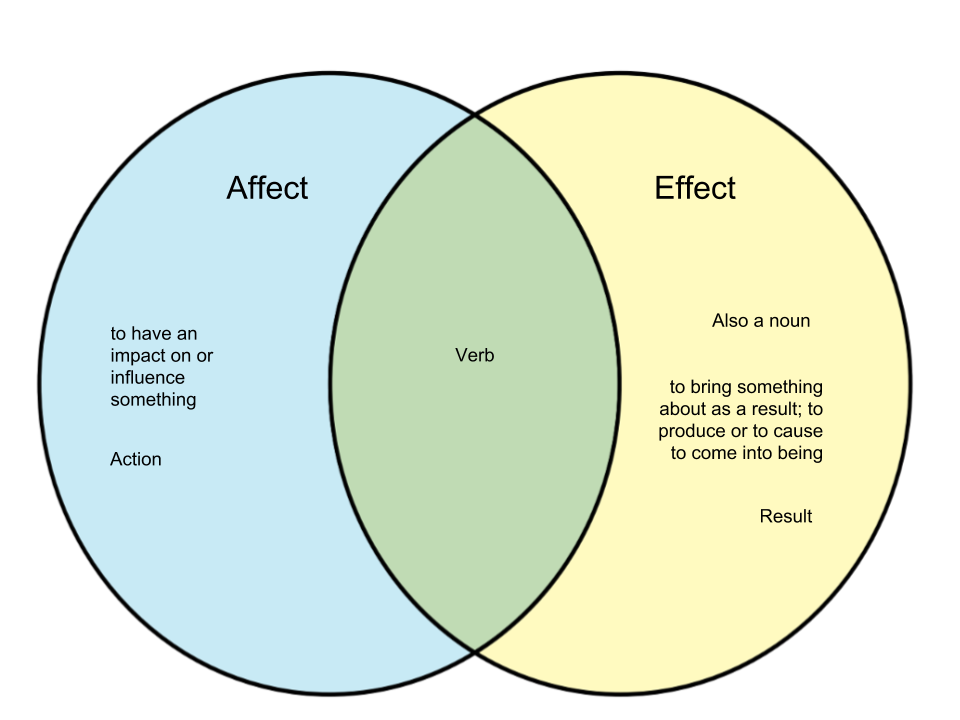

Some women who drink (more than 3 cups a day) may be at risk of bone fractures (especially in the hips) as they get older. Most healthy adults that use low to moderate amounts of caffeine (up to 3 cups of coffee) every day don’t seem to have any long lasting effects. The more you alcohol you drink the higher the risk that you may pass out or suffer an alcohol related injury. You might also drink more than normal if you combine alcohol and caffeine (energy drinks). You might not realize how drunk they are and the caffeine or energy drink might mask the drowsiness related to the drinking.

This could lead to you or someone being hurt or killed. Mixing caffeine and alcohol increases your chances of drinking and driving or getting into a vehicle with someone who has been drinking.

Your doctor can tell you if caffeine might work for you.Ĭaffeine doesn’t decrease your appetite so there's no point in using it to diet or decrease your hunger.Ĭaffeine doesn’t help you sober up if you are drunk. Some over-the-counter pain medicine contains caffeine. Some products with caffeine have higher than the recommended doses of caffeine for children and teens (for example, some energy drinks), so using them may cause health or behaviour problems.Ĭaffeine can be used to treat some types of headaches, including migraines. However, children can die from as little as 1 gram of caffeine. You would have to inject at least 3.9 g of caffeine or swallow about 10 g. It's rare for adults to die from a caffeine overdose.

They might be more sensitive to its effects and it can trigger nervousness and anxiety. People who have panic attacks shouldn’t use large amounts of caffeine.


 0 kommentar(er)
0 kommentar(er)
